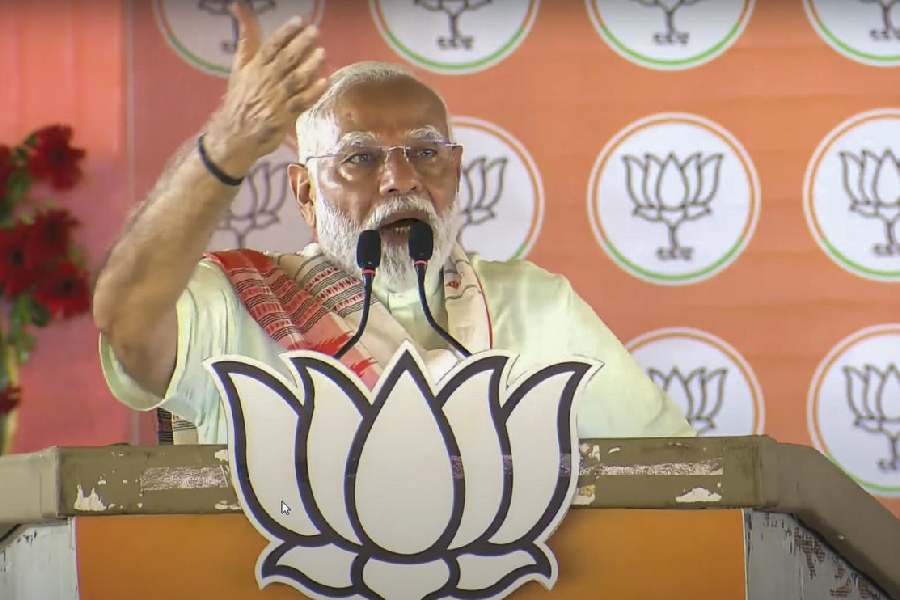The world’s oldest democracy, the United States of America, is gearing up for a couple of debates between the two principal contenders for its presidency. But the otherwise voluble prime minister of the world’s largest democracy, Narendra Modi, is yet to respond to a proposal for a public debate between him and Rahul Gandhi. A former judge of the Supreme Court, along with a former chief justice of the Delhi High Court and a senior journalist, had sent a letter to Mr Modi and Mr Gandhi, requesting them to debate the issues that are of fundamental import to India’s constitutional democracy.
Mr Gandhi has responded positively to the proposal; Mr Modi has chosen silence. In a typical exercise in deflection, Mr Modi’s colleague, the president of the Bharatiya Janata Yuva Morcha, nominated a party greenhorn to take on the challenge. Leaders cast in the authoritarian mould are unlikely to prioritise a public debate: being held accountable is not a challenge that they are known to relish.
Notwithstanding Mr Modi’s seeming disinterest in the matter, the proposal merits a closer look. A frank exchange of views between two leaders from competing political parties could be conceived of as a barometer of the health of a democracy. After all, democracy thrives on spirited, conflicting deliberations. What makes such an endeavour timely is that during electoral seasons, politicians often hurl accusations against their rivals and raise discomfiting questions without either substantiating the allegations or providing answers to the queries. This particular electoral season has not been an exception. Mr Modi, the Congress has alleged, has repeatedly attempted to malign the party by conjuring up charges. The Opposition, too, has stoked fears about the mutilation of the Constitution if Mr Modi is returned to power. In a democracy, the people have the right to know whether there is substance in any of these allegations. A public debate could well clear the air. However, it must be kept in mind that an exercise such as this runs the risk of turning a parliamentary contest presidential. That particular template may not be well-suited for Indian democracy that thrives on and is strengthened by debates among multiple, as opposed to just two, voices.











